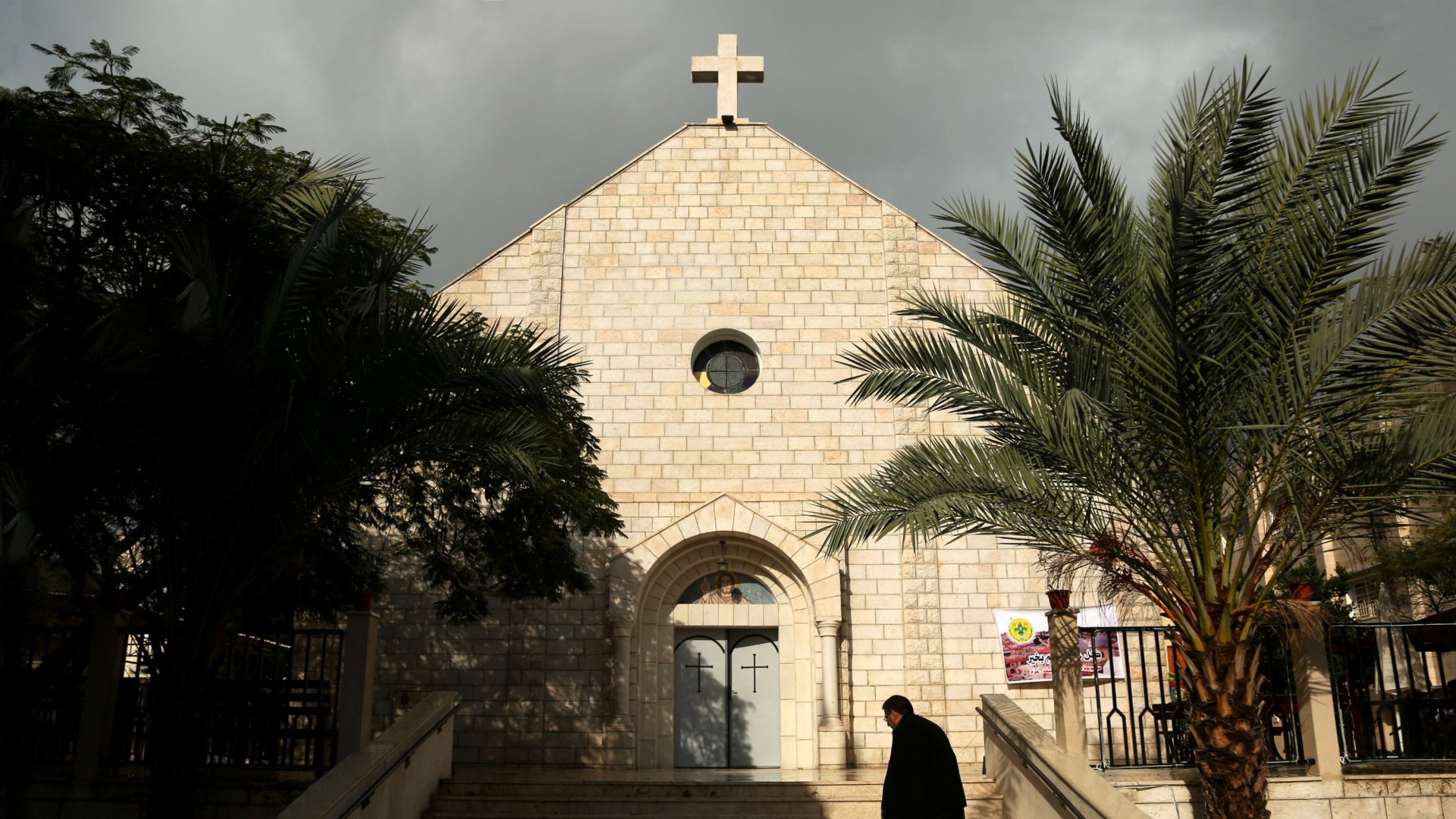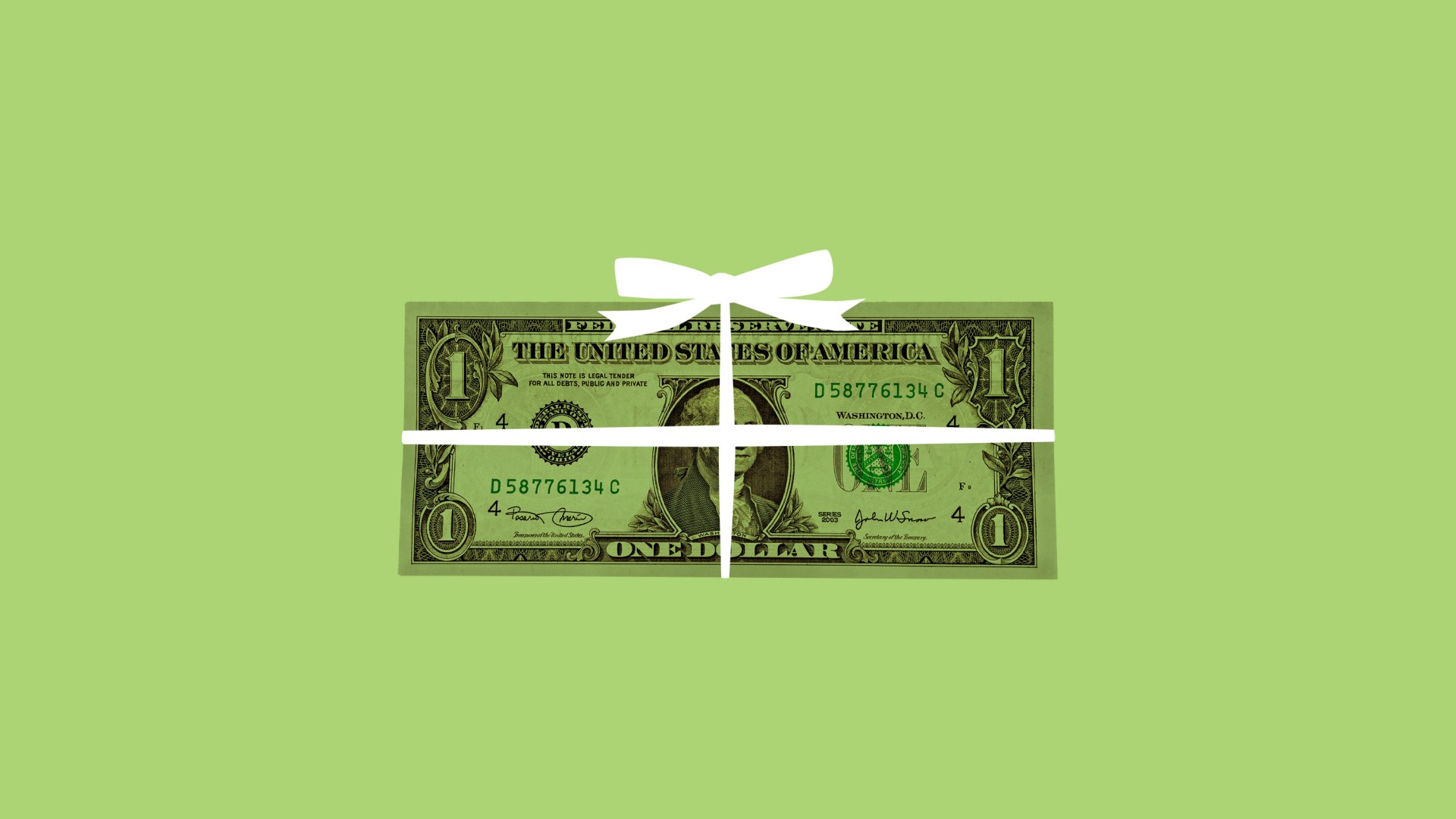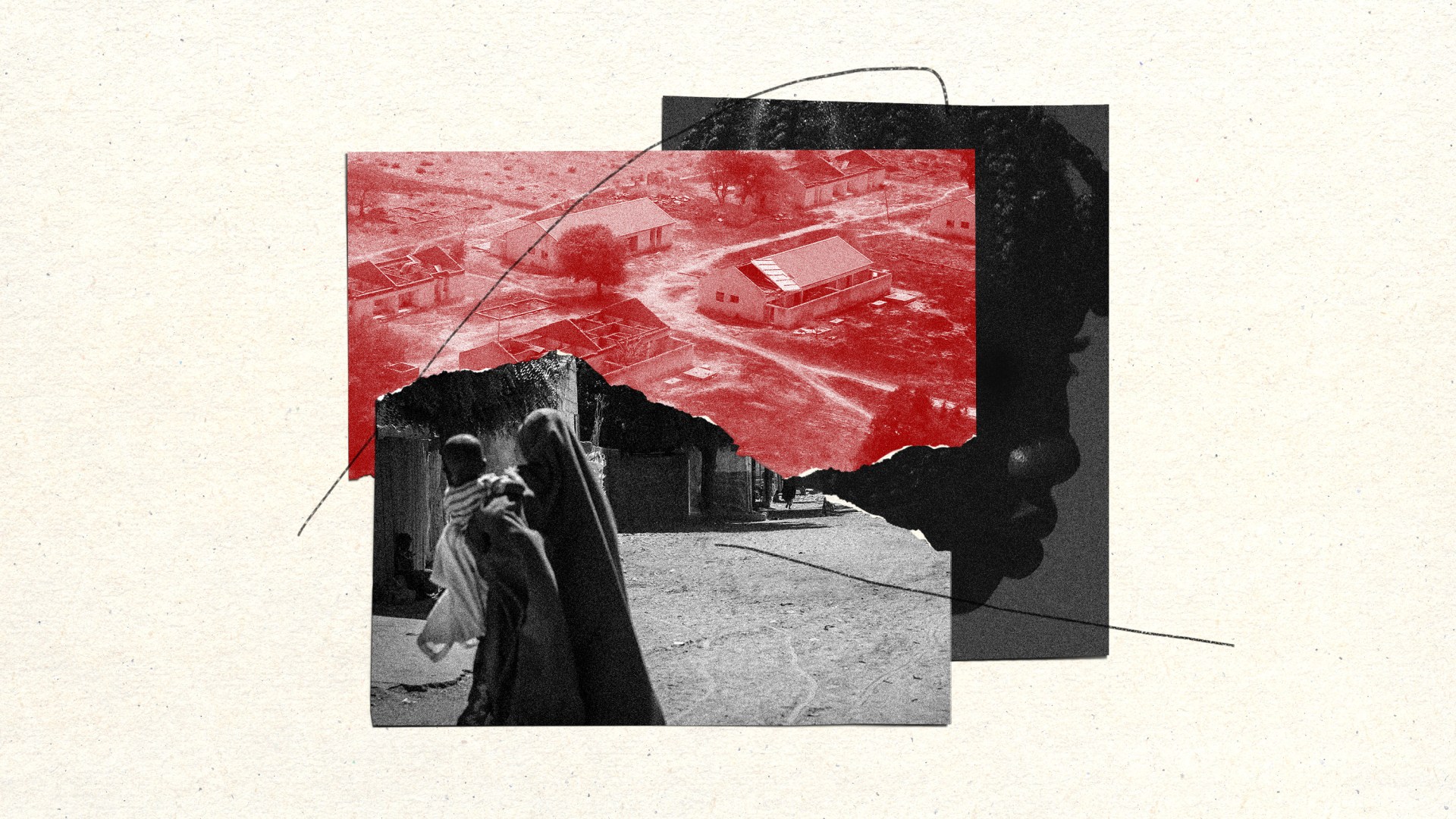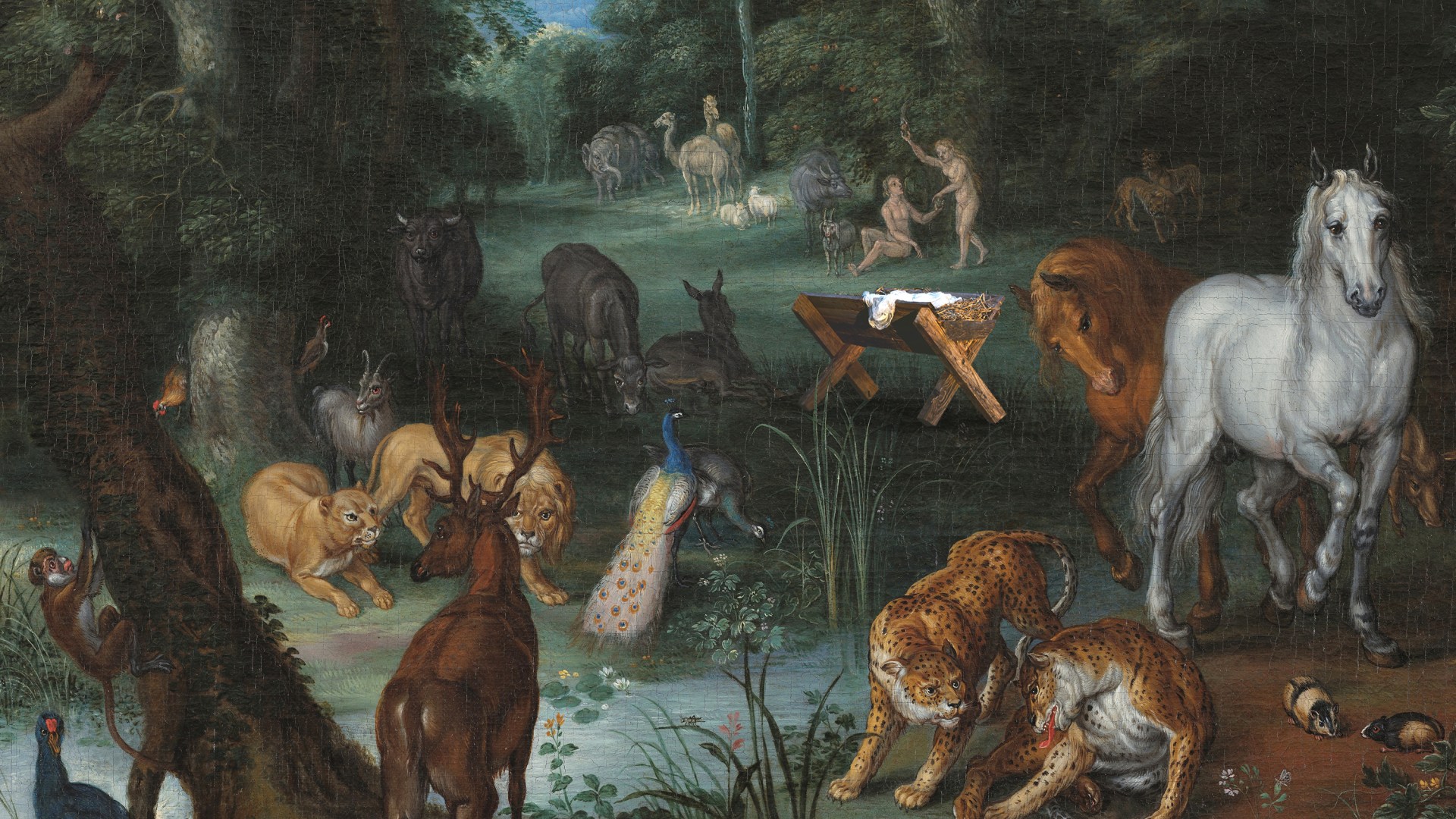Gaza’s 700 remaining Christians face exorbitant prices, bombed apartments, and the loss of their community to violence and emigration.
Fadi Lost His Apartment. He Won’t Let the Same Happen to His Church.

Holy Family Catholic Church in Gaza City.
Because of the complex sociopolitical realities present in wartime Gaza, Christianity Today is using protective pseudonyms for “Fadi” and other Gazans.
As Fadi heads to work, surveillance drones hover overhead. Their presence is continuous. Sometimes their monotonous thrumming—combined with the sound of explosions—keeps him and other Gazan Christians at Holy Family Catholic Church from sleeping.
Fadi, a shadow of stubble on his face, wears one of the two sets of clothes he brought out of his home before it was bombed. He walks more than 30 minutes one way because in Gaza City, gasoline costs more than $250 a gallon. The streets are dangerous, he said, with gangs occasionally stopping people to demand their phones and money. Early in the war, the Israel Defense Forces (IDF) contacted residents if they were about to bomb an area, but now warnings are fewer. Fadi, who is unmarried, worries that a missile could fall at any time.
Israeli shelling flattened Fadi’s apartment, and its loss grieves him deeply. Since his late teens, he had worked to build a foundation for his future. When the war began, he felt as if 11 years of preparation had disappeared.
Before the war, when he was upset or angry, Fadi would buy himself a coffee, get in his car, and drive to sit by the Mediterranean Sea. Now, he said the beach is full of garbage and debris from destroyed buildings. “Our lives, for more than a year now, have been frustration after frustration. There’s no joy, really,” he said. “Nothing good has happened from the first day of the war until today.”
In early October, the IDF faced a regrouping Hamas and began a new ground operation in Gaza’s northernmost governorate. On November 26, the IDF bombed a school that sheltered displaced Palestinians. Though reports do not mention the presence of Hamas in this particular school, their fighters often embed themselves among displaced citizens in similar locations. Fadi saw donkey-drawn carts and three-wheeled rickshaws, plus ambulances with seven or eight people packed inside each one, carrying the wounded to Al-Ahli Arab Hospital, which sits in the same region as Holy Family and currently sees around 700 outpatients per day.
In the last two months, shelling has forced more than 130,000 Palestinians from the northern towns of Beit Lahiya, Beit Hanoun, and Jabalia south to Gaza City, where, according to a recent report, about 375,000 now reside. Among these are Fadi and hundreds of other Christians sheltering at Holy Family and the Greek Orthodox Church of St. Porphyrius.
“We won’t leave the church,” Fadi said, “not because it’s giving us food and protection, but the opposite: We are the ones protecting the church.” Without their presence, the church could suffer break-ins and bombs. Though international law considers targeting of religious sites a war crime, this rule becomes void if a site is used for military purposes. The IDF has damaged hundreds of Gazan mosques this year, claiming them as terrorist hideouts, and twice Israeli missiles or shrapnel damaged Holy Family’s buildings.
The believers who remain in Gaza number little more than 700. In an interview released on October 8, Gabriel Romanelli, an Argentinian priest serving at Holy Family, said 1,071 Christians—Catholic, Orthodox, and Protestant—were in Gaza at the beginning of the war. He said 30 percent of the Christian community has been lost, with 43 dead and 300 leaving Gaza by way of Egypt. Escape through the border crossing—for a hefty fee of $5,000 per person—was possible until May, when the IDF captured the Philadelphi Corridor.
Nearly all of those remaining now live in one of the two churches in Gaza City’s Zeitoun neighborhood. Fadi himself entered Holy Family five days after Hamas’s murderous invasion of Israel on October 7, 2023. After 14 months, life for the Christians has taken on a spartan sense of routine. The displaced sleep in the buildings of the Latin Patriarchate school, with two or three families occupying each classroom. Wooden shelters constructed in the compound’s open yards serve as school classrooms for the children. In addition to Sunday mass, morning prayers and evening mass take place in the church sanctuary each weekday. At these times, the steady clanging of church bells pours over the neighborhood’s rubble.
Fadi said the church provides a hot meal to residents twice a week. The rest of the time, people rely on their own resources—canned goods like tuna, peas, beans, and chickpeas. Some staples like milk, bread, meat, and coffee are on store shelves, but few can afford them. Meat costs around $50 a pound and coffee close to $25 for a half pound.
For months, the displaced Christians did not eat fruit or vegetables—until one day when a delivery of produce arrived, oranges included. As crates were unloaded, Fadi watched in disbelief, filled with a sense of euphoria, as if the war had ended.
“At the same moment I was very upset,” he said, “because the simplest thing—vegetables and fruit—we were so happy just to see them.”
To accommodate laundry needs, the church purchased ten washing machines with financial support from outside Gaza and created a sign-up schedule. It recently installed solar panels that provide several hours of electricity to each classroom—just enough for lighting each room and charging devices. Four hundred people share the church complex’s restrooms, but to bathe, they must heat water in pots over wood fires. Although diabetes, blood-pressure, and thyroid medications are extremely scarce at best, Fadi acknowledged that most of Gaza’s 1.9 million displaced face worse circumstances: “We have it much better than others.”
Some of the “others” live in Jabalia, a city in northern Gaza. One Jabalia resident, Ayman, said he risks death whenever he leaves his home and family. Tomorrow, Christianity Today will tell his story and another’s.
Read Christianity Today’s Wednesday piece on a Gaza Christian:




















































